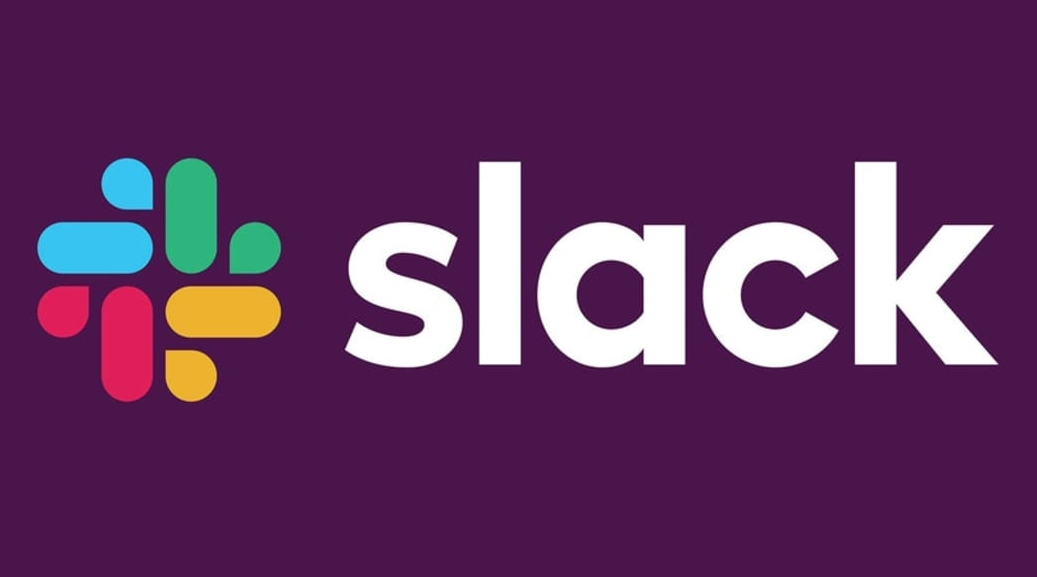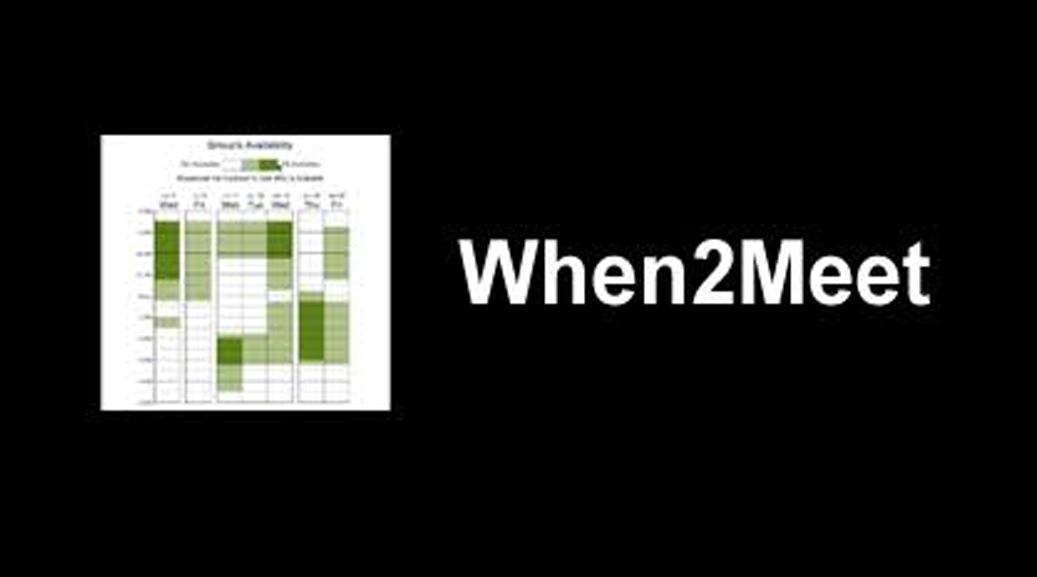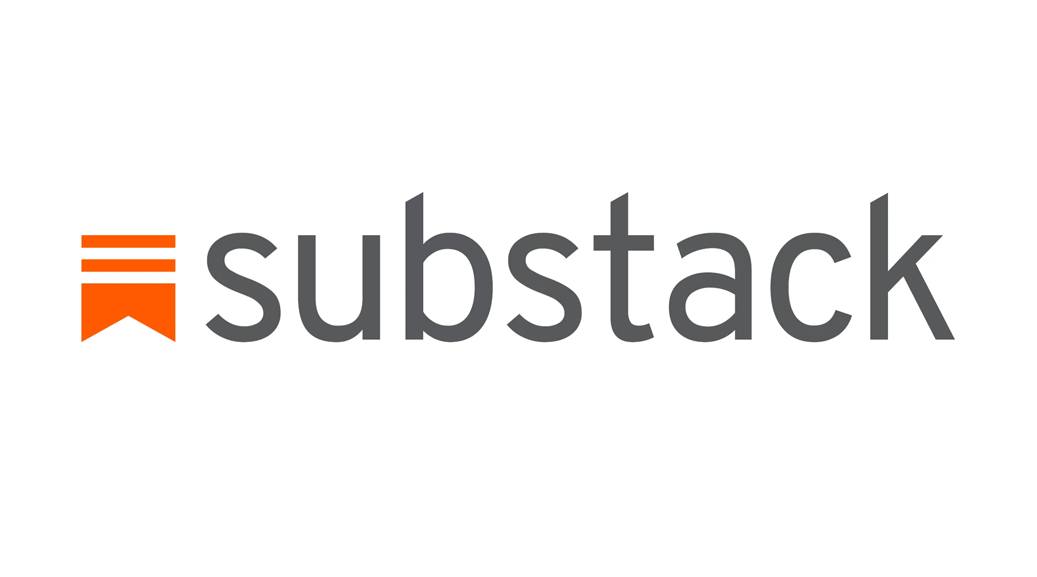Why Your Literary Society Needs More Than Good Intentions and Wine
So, you found a group of your friends who actually read, and, with best intentions, you started a book club. You imagined thoughtful discussions about symbolism over wine, maybe some artisanal cheese, and definitely some profound insights about the human condition. Instead, you're spending Tuesday nights frantically texting, "Did anyone actually finish the book?" while simultaneously Googling, "Is it too late to switch to a knitting circle?"
Fear not, literary crusader! The problem isn't your members' commitment to literature—it's that organizing a book club without proper tools is like trying to perform surgery with a butter knife. Technically possible, but why would you torture yourself?
Getting the Word Out:
The Great Communication Conundrum



Let's start with the obvious: book clubs involve humans, and humans are magnificently chaotic creatures. Without a central communication hub, you'll find yourself managing seventeen different group chats, twelve email chains, and at least three people who insist on communicating exclusively through carrier pigeon.
Slack and Discord are both great communication apps that can transform your book club from a communication nightmare into a well-oiled literary machine. Within the app you can even create channels for different purposes, such as:
- #general-chat for logistics
- #book-discussion for spoilers and hot takes
- #next-book-nominations for the inevitable democracy experiment that turns into Lord of the Flies.
Plus, you can use fun emojis to react to particularly spicy literary opinions—nothing says "I disagree with your interpretation of Gatsby quite like a well-placed eye-roll emoji.
For the less tech-savvy crowds, WhatsApp groups work perfectly fine, though be prepared for someone's aunt to accidentally join and start sharing cat videos during your heated debate about postmodern narrative structures.
My local group, The Morellia Book Club, uses WhatsApp since most were already using it for communicating and had it on their phones. Easy peasy. No learning curve.
Scheduling: The Ultimate Plot Twist



Remember when organizing meant sending 47 text messages trying to find a date that works for everyone? Everyone's available on different days and at different times; someone always has a dentist appointment, a housekeeper who needs to be let in, or an existential crisis right when you've planned the perfect discussion about poisoning and mortality in Russian literature.
Hooray! Those days are gone! There's help on the way.
Doodle polls are your friend here—create a poll with multiple date options and watch as democracy slowly reveals that literally no time works for everyone.
When2meet offers a visual grid that makes scheduling feel slightly less like solving a Rubik's cube blindfolded.
For the tech-forward clubs, Calendly lets you set up recurring meeting options and sends automatic reminders, because apparently adults need to be reminded about fun activities they voluntarily signed up for. Who knew?
My local club meets on the first Friday of every month. Period. This past year the first Friday landed on July 4th. Remember, we live in Mexico, so even though there are fireworks going off most days, the 4th of July is no big deal. So we met. Proof positive that nothing deters true book babes.



Keeping Everyone on the Same Page (Literally)
Nothing kills a book discussion faster than half the group being on Chapter 2 while the other half has already finished and is ready to debate the deeper meaning of the protagonist's breakfast choices. You need a system to pull everything and everyone together. Here are a few that I recommend.
Goodreads Groups are perfect for tracking collective reading progress. Members can update their status, leave notes about specific chapters, and engage in preliminary discussions. It's like a social media platform, but instead of arguing about politics, you're arguing about whether that character's death was really necessary for the plot development.
Another option for giving your book club a dedicated home is Bookclubs.com designed to do the heavy lifting, letting you set up meetings, track attendance, and remind everyone what page you’re supposed to be on. It’s like having a clipboard-toting, ultra-organized librarian in your pocket, minus the “Shhh!” and the cardigan.
I tried to get the Morelia Book Club interested in Bookclubs.com, because, to me it's like a genie in the lamp for book club organizers. But no enchilada. I had to come up with another solution. That’s when Substack swooped in and let me send out witty recaps, share book podcasts and videos, and send reminders about meetings. It also has a direct chat feature as well as polling. With Substack, your book club newsletter can be as colorful and opinionated as you want it to be.
Here is the Morelia Book Club Substack site. Feel free to check it out and copy ideas and inspiration for your group.


The Bottom Line
Organizing a book club doesn't have to feel like solving world peace. The right tools can transform your group from a beautiful disaster into a well-oiled literary machine that actually discusses books instead of spending the entire meeting trying to figure out when everyone can meet next.
And, did I mention that all of the tools listed above are free? That’s right—no secret fees, no “just enter your credit card for the free trial,” and absolutely no need to have a bake sale in your living room to afford them. You can dive in, explore, and make these apps work for you without spending a dime.
So, choose your tools, embrace the chaos, and remember: the best book club discussions happen when logistics fade into the background and the conversation flows like good wine. Which, incidentally, should also be organized in advance.
Now go forth and organize—your future discussions about whether the narrator is reliable await, and this time, everyone will actually know what book you are reading.




Comments